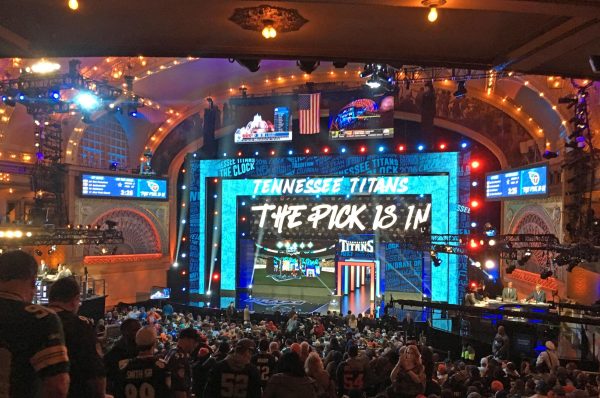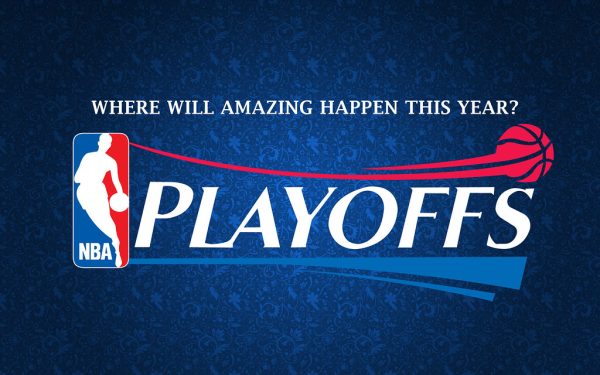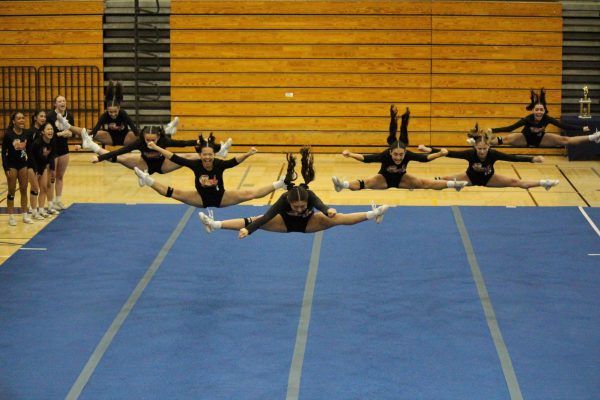Have athlete contracts gone too far?
The game has changed forever for major sports in the United States. With major league athletes being paid millions upon millions of dollars, is money more important than winning nowadays? And with most of the money being “guaranteed”, are these clubs hurting themselves when players start to decline?
For example, Miami Marlins outfielder Giancarlo Stanton is making $325 million over the course of his 13-year contract, more money in one day than most people make in a year.
For a player like Stanton, a 24-year old with already more than 150 career home runs, this type of money isn’t absurd. He is one of the best young players in the game, and the deal covers a span of 13 years. His contract is also heavily backloaded, meaning the Marlins will pay him the bulk of the money later on, giving them room to make the team around him better.
But despite the talents of these young athletes, people still question whether they deserve this type of money. The hundreds of average players earning a lot more than they should is a trend in not only the MLB but in the NBA and NFL as well.
Another example of a ridiculous contract was when the New York Yankees decided to sign Alex Rodriguez to a 10-year $252 million deal in 2007, only to have him admit to using steroids.
You rarely see players in today’s sports take the “hometown discount” or sign somewhere where they will be a competitor for less money.
Winning doesn’t seem to be the priority, and some players couldn’t care less about whether they go to the playoffs or get a championship as long as they do well, because they’ll always have that paycheck waiting for them.
Before, players would put winning first. Now the trend seems to be money first, rather than playing because you love the game. Ndamukong Suh, for example was the most highly touted free agent in the NFL’s recent free agency period. He had solid offers from many good teams in which he would mesh really well. However, he chose to sign with the Miami Dolphins for a six-year $114 million dollar contract with $60 million guaranteed, making him the highest paid defensive player in NFL history.
Many questioned this move not only because the Dolphins have failed to make the playoffs since 2008, but also because the Lions are coming off a strong season and a heartbreaking playoff loss, and are emerging as one of the best teams in the NFC.
The other teams bidding for him had offers like that, but not as high, and many didn’t see him thriving on the team. Could he have signed with a better defensive team where he would thrive more? Yes. Would he have been making $114 million dollars? Probably not.
This shows again the takeover of money in today’s world of sports.





